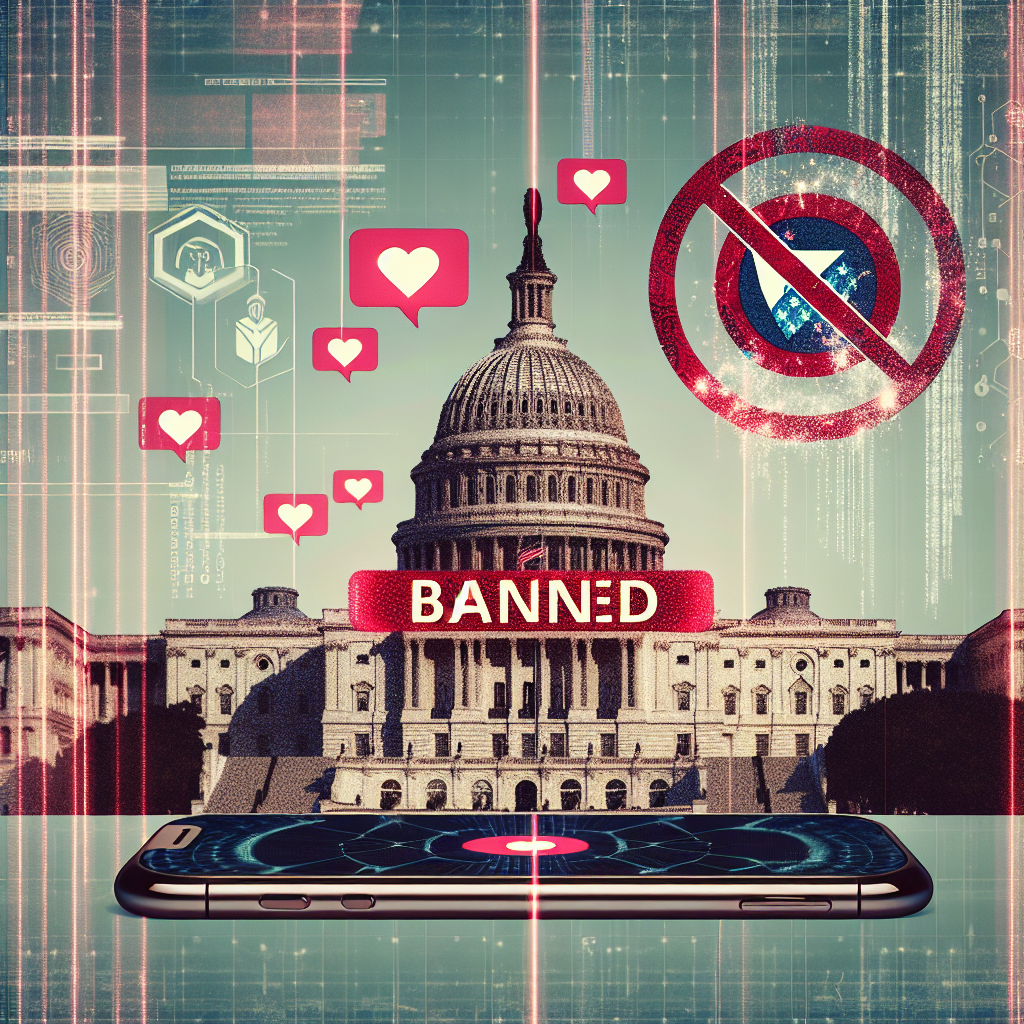Yo, digital rebels and renaissance nerds—Mr. 69 here, hacking into your brains with a byte of tomorrow’s weird, wild now! And today, we’re diving headfirst into a legislative plot twist straight outta the Zero Trust playbook: The U.S. House of Representatives just ghosted WhatsApp. Yep. Left it on read. Blocked it harder than your ex’s number after Mercury goes retrograde in Gemini.
Let’s break it down.
📵 The Ban Heard Around Capitol Hill
As of this week, WhatsApp is officially persona non grata on the work devices of staffers in the U.S. House. Why? The official line from the House’s Chief Administrative Officer: “security concerns.” Translation? They’re paranoid about encrypted data zipping into the matrix where Uncle Sam has no visibility.
Now, if you’re sitting there thinking, “Mr. 69, isn’t end-to-end encryption a good thing?”—you’re half right and half in 2016. WhatsApp, owned by Meta (yes, the same one still auditioning badly for Ready Player One), does encrypt chats… but your metadata? That juicy, high-fiber trail of who talked to whom, when, and sometimes where? That’s still a buffet for surveillance capitalism. And for U.S. lawmakers worrying about foreign access or insider leaks, that’s more red flags than a Martian carnival.
🤖 The Bigger Byte: Who Controls Your Comm Grid?
Ask yourself this: Should government staff use a messaging app controlled by a company building AI deepfakes alongside virtual legs for avatars? (Looking at you, Zuck.) The House banning WhatsApp isn’t just a blanket ban—it’s a giant neon sign that says, “We don’t trust anymore.” It’s a shift toward sovereign digital ecosystems… aka, it’s the cyber version of growing your own veggies instead of binge-eating fast food from sketchy franchises.
We’re entering the era of fragmented comm-stacks. Think closed-loop, government-verified messaging systems, open-source cryptographic frameworks, and yes, maybe even blockchain-backed sausage links of secure chatter. (Call it the “Signal-ization” of statecraft.)
🚨 Meme Break: Picture this — a Congressman mid-text, phone explodes in sparks, a pop-up appears, “Your device has been liberated from the Meta mainframe.” *cue dramatic orchestral sting*
🔥 What’s REALLY At Stake?
This ain’t about just one app. WhatsApp getting the NSA-skeptic slap is symbolic of a larger nervous-circuit meltdown. Governments worldwide are realizing they’ve handed over years of comms to tech giants (and/or shadowy foreign servers). Whether it’s India, Brazil, or the flammable data dumpster that is the EU vs Meta cage match, everyone’s rethinking the platforms we whisper secrets into.
Add in the upcoming explosion of AI-generated voice mimicry and synthetic dialog (oh hey, 2025 election nightmares), and suddenly trusting closed-source, ad-funded, billionaire-run chat apps feels… unsustainable.
💡 Enter the Mr. 69 Vision℠
It’s time to build post-national messaging protocols. Imagine decentralized comms running on carbon-neutral quantum mesh nodes, functioning like interspecies telepathy but with Lamport timestamps, baby. Staffers, diplomats, heck—even your grandma sending you UFO TikToks—deserve digital privacy that’s elegant, sovereign, and beyond the reach of quarterly ad revenue reports.
Because when governments start banning apps, it’s not about tech—it’s about trust. And code is trust manifested.
🎤 Final Transmission
So what’s next, fam? WhatsApp’s out, Signal might be in, and someday, we’ll be texting across intergalactic relays encoded in photon-stable qubit braids. But today? Today is a reminder: the tools we use shape the futures we build.
Strap in. We’re launching into tomorrow.
– Mr. 69







